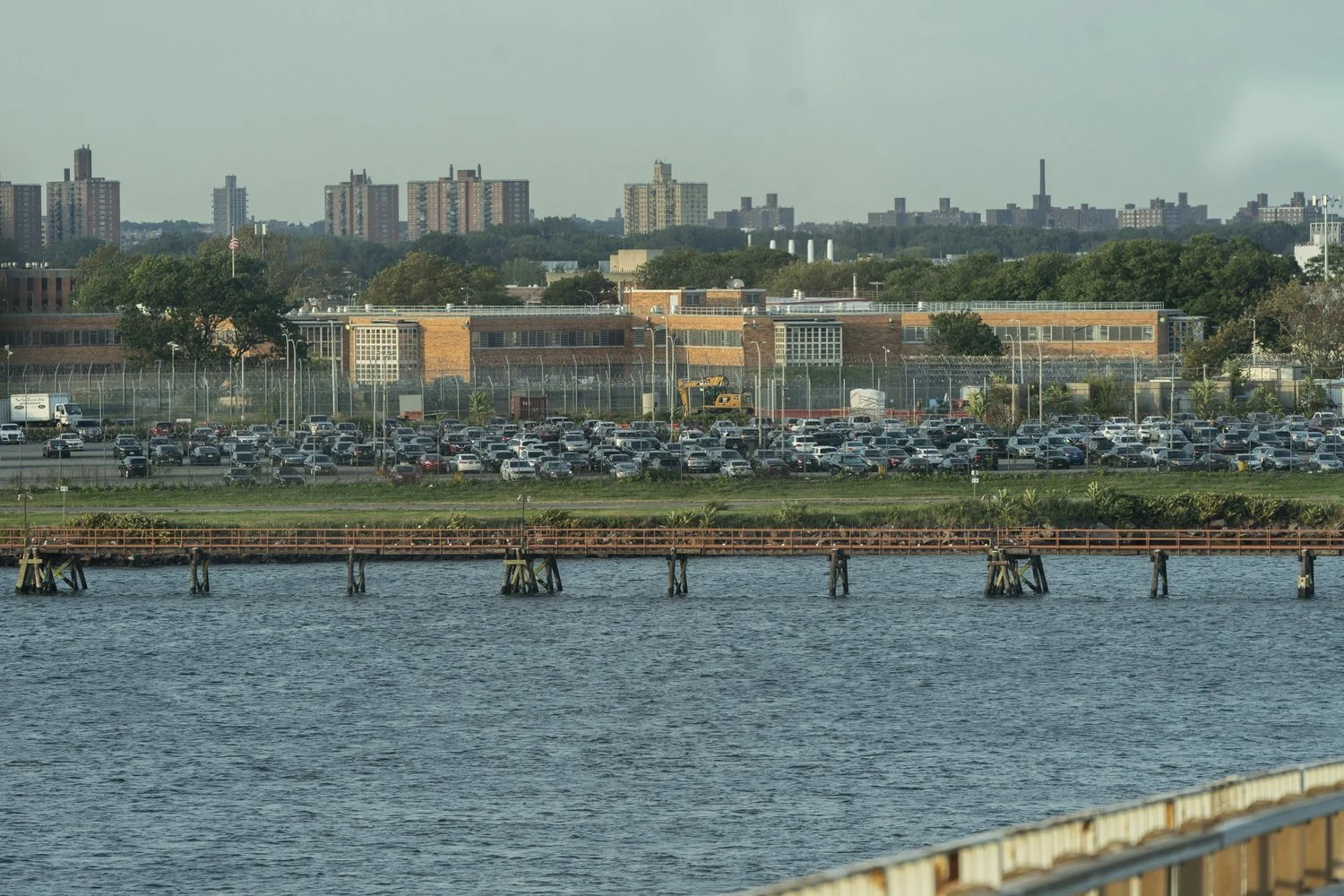Opinion: What to do about Rikers Island
/Rikers Island. AP FIle photo by Seth Wenig
By Norman Siegel
Rikers Island is a mess. The conditions, culture and endless and unnecessary pretrial detention of detainees violate the 6th amendment right to a speedy trial and are part of the continuing pattern and practice at Rikers that needs to be confronted and remedied, or at least, ameliorated now. The saying that “justice delayed is justice denied” is relevant and appropriate to the Rikers mess.
My first extensive experience at Rikers was in 1991 when my colleague, Earl Ward, a criminal defense lawyer and a partner at the law firm, Emery Celli Brinkerhoff Abady Ward and Maazel, and I taught a weekly class that focused on civil rights. About 20 Rikers inmates participated. At our last class, Earl and I asked the participants what was the one thing we should tell people they needed or wanted? The surprising response, one that I will always remember, was they needed a literacy program to help them learn how to read and write. It still haunts me that we cannot create a literacy program at Rikers. It could make a difference for the pretrial detainees and those serving sentences, and could possibly reduce the tensions at Rikers.
My second extended experience at Rikers was between 2014 and mid-2015, when I represented a pretrial detainee and visited periodically. After the visits, it often took me a couple of hours to unwind from experiencing Rikers. I remember how long it took to meet with the client, the noise and unacceptable conditions at Rikers.
In 2021 I was part of a group “New Yorkers for Social Justice: A Citizen’s Commission Making Recommendations to Eric Adams.” One of the topics we addressed was “Reforming and Closing Rikers.” Our report detailed how the money bail system in conjunction with the failure to provide a speedy trial resulted in lengthy detention based on the mere allegation of wrongdoing.
In early January 2023, Rikers had approximately 841 detainees waiting 1-2 years, 284 waiting 2-3 years and 252 waiting more than 3 years for their trial. The right to a speedy trial is imperative. Our report recommended the expansion of supervised release and GPS ankle bracelet programs to reduce the discriminating effects of pretrial detainment at Rikers. We wrote “Rikers problems are endemic, not episodic” and “are long standing.” We recommended that alternatives to incarceration could avert thousands of incarcerated people at Rikers; that thought-out post release programs could reduce recidivism and that the court system should be engaged to move cases more effectively along.
One of our major recommendations was for the Adams Administration to create a Knapp-Style Commission (The Knapp Commission was formed in 1970 to investigate corruption within the NYPD) to “examine the brutal, racialized history of pretrial and other detention in New York City and its relationship to the problems of mass incarceration.” This would allow for Department of Correction staff, incarcerated people, civil rights groups, family members and advocates to set forth their perspectives on the serious problems at Rikers with the hope of finding common ground to immediately address the unacceptable conditions there.
One last thought: the federal court judge in the Nunez class action filed in 2011 alleging, in part, excessive and unnecessary force against inmates should appoint a federal receiver. I’m aware that the mayor and DOC commissioner have opposed the appointment of a receiver, saying they can do the job. The reality is that the mess at Rikers is not being adequately addressed.
In 2022, 19 individuals died at Rikers. In 2021, 16 individuals died there. Recently, DOC officials removed the oversight Board of Corrections’ remote access to DOC internal security video by requiring BOC members and staff to review the security videos only at DOC facilities. The concept of a receiver is that someone would be appointed who has the skills and expertise to work collaboratively with the city, DOC management, unions, pretrial detainees and inmates. Together, they would confront and overcome the long-standing substantial problems that have and continue to plague Rikers. A federal court receivership, if done correctly, would add to a team approach and would not cancel anyone out.
No one should be threatened or fearful of a receiver if the goal is to, once and for all, comprehensively, thoughtfully, and successfully address the Rikers mess. It’s long overdue.
Norman Siegel is a civil rights lawyer and a partner at the law firm Siegel Teitelbaum & Evans, LLP.




